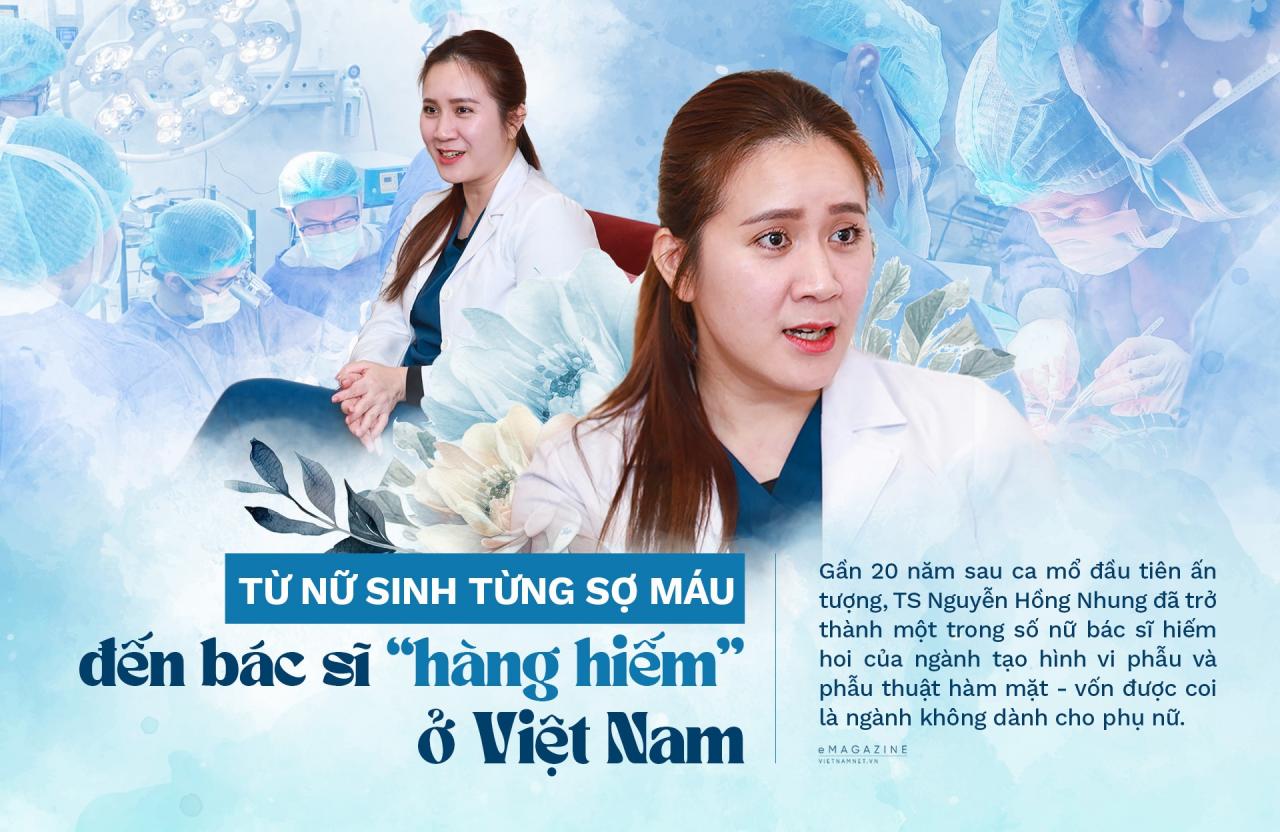 “ In 2006, when I was still an intern, I was lucky to follow my father into the operating room. That was the first time I saw a microsurgery surgery. On the operating table was a girl with acid burn scars, her face completely deformed”. “The day I went abroad with my colleagues to study advanced microsurgery, partly because I was the only female student in the class, partly because of my appearance, the teacher at that time looked at me and said 'girls just like to dream'. When it came time to practice, when I was the only one who was very skilled at connecting blood vessels, everyone turned around in surprise and curiosity about the doctor from Vietnam” . The intern at that time is now Dr. Nguyen Hong Nhung, working at E Hospital, and also a lecturer in the Department of Oral and Maxillofacial Surgery, University of Medicine and Pharmacy, Vietnam National University, Hanoi. Join VietNamNet in the story to learn more about the female doctor who makes people go from one surprise to another and gradually discover the special thing about her hidden behind her lovely, elegant appearance.
“ In 2006, when I was still an intern, I was lucky to follow my father into the operating room. That was the first time I saw a microsurgery surgery. On the operating table was a girl with acid burn scars, her face completely deformed”. “The day I went abroad with my colleagues to study advanced microsurgery, partly because I was the only female student in the class, partly because of my appearance, the teacher at that time looked at me and said 'girls just like to dream'. When it came time to practice, when I was the only one who was very skilled at connecting blood vessels, everyone turned around in surprise and curiosity about the doctor from Vietnam” . The intern at that time is now Dr. Nguyen Hong Nhung, working at E Hospital, and also a lecturer in the Department of Oral and Maxillofacial Surgery, University of Medicine and Pharmacy, Vietnam National University, Hanoi. Join VietNamNet in the story to learn more about the female doctor who makes people go from one surprise to another and gradually discover the special thing about her hidden behind her lovely, elegant appearance.  Thinking back to the summer of 2006, when I was a third-year student and first entered the operating room, why is that moment still special to you? - Especially because I was able to enter the operating room with my father (Prof. Dr. Nguyen Tai Son, at that time a Maxillofacial and Plastic Surgeon, 108 Central Military Hospital - PV). That was also the first time I saw a microsurgical reconstruction. Perhaps it was also fate that in the following internships, when I returned to Vietnam from Russia, I was able to participate in the following surgeries to reconstruct the face of that female patient. The last time I met her, I saw a girl skipping and singing. She wrote me a long letter telling me about the process from when she was a beautiful young woman, to when she no longer wanted to live, and finally returned with faith and hope in an open life. This job can save lives and restore a good life to many people who have fallen into the "abyss", that is what motivated me to stick with the field of Microsurgery and Maxillofacial Surgery, which is not suitable for women. In the medical field, maxillofacial surgery and microsurgery are considered heavy and tiring jobs, so women are very rare. Yet you still decided to pursue it? Heavy, tiring and so specific that most doctors are men. The field of microsurgery is even more difficult. Simply put, microsurgery is surgery to reconnect blood vessels under a microscope, often used in surgery to reconnect severed limbs, or the maxillofacial area that has been destroyed or deformed due to accidents or diseases.
Thinking back to the summer of 2006, when I was a third-year student and first entered the operating room, why is that moment still special to you? - Especially because I was able to enter the operating room with my father (Prof. Dr. Nguyen Tai Son, at that time a Maxillofacial and Plastic Surgeon, 108 Central Military Hospital - PV). That was also the first time I saw a microsurgical reconstruction. Perhaps it was also fate that in the following internships, when I returned to Vietnam from Russia, I was able to participate in the following surgeries to reconstruct the face of that female patient. The last time I met her, I saw a girl skipping and singing. She wrote me a long letter telling me about the process from when she was a beautiful young woman, to when she no longer wanted to live, and finally returned with faith and hope in an open life. This job can save lives and restore a good life to many people who have fallen into the "abyss", that is what motivated me to stick with the field of Microsurgery and Maxillofacial Surgery, which is not suitable for women. In the medical field, maxillofacial surgery and microsurgery are considered heavy and tiring jobs, so women are very rare. Yet you still decided to pursue it? Heavy, tiring and so specific that most doctors are men. The field of microsurgery is even more difficult. Simply put, microsurgery is surgery to reconnect blood vessels under a microscope, often used in surgery to reconnect severed limbs, or the maxillofacial area that has been destroyed or deformed due to accidents or diseases. 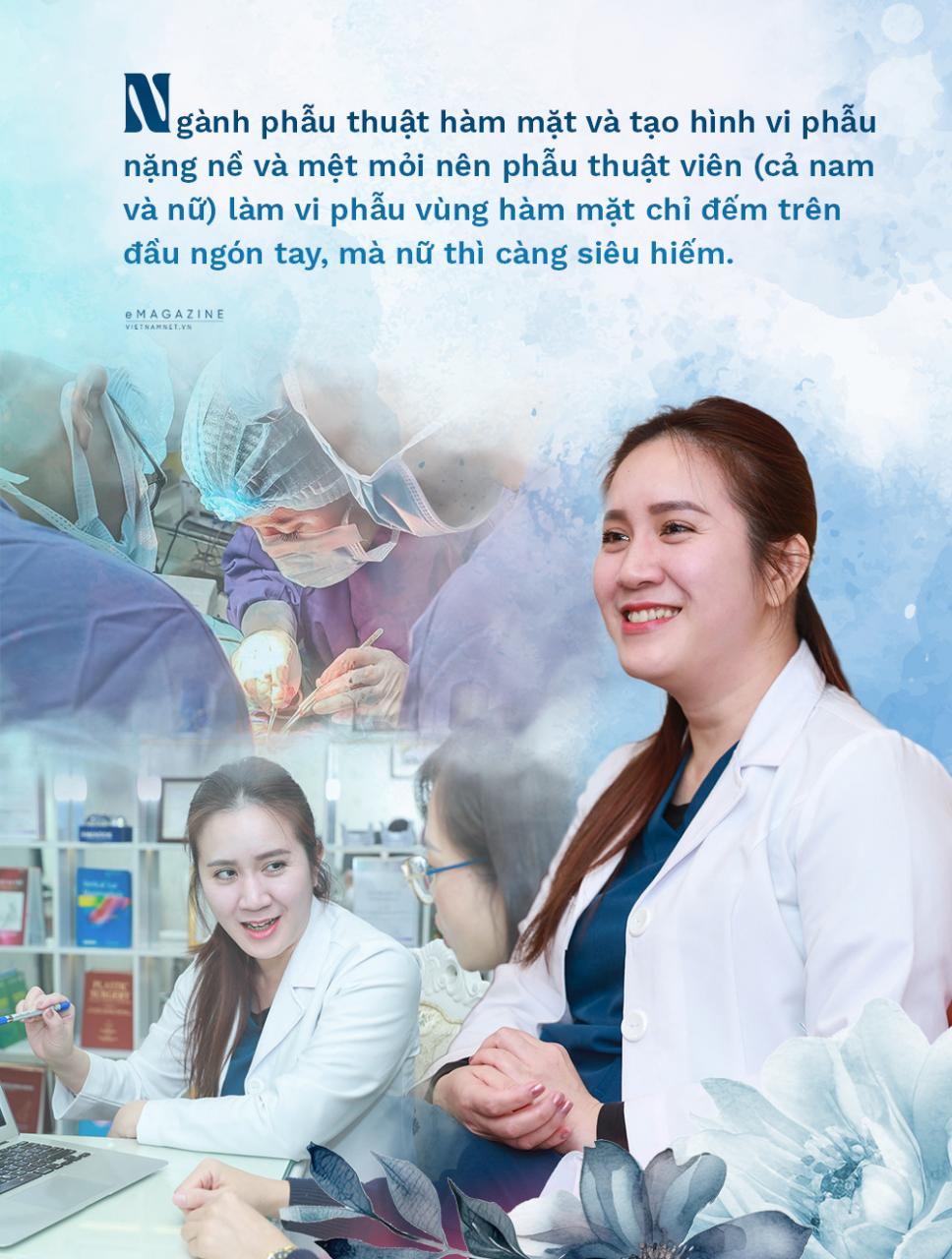 Maxillofacial surgery and reconstruction are difficult because they must meet the functional requirements of the maxillofacial organs while ensuring aesthetics and returning the patient to normal life. The surgery can last up to tens of hours, and if there is a break, it is only about 15-30 minutes. It requires high concentration, meticulousness, and precision, and is also very risky, so many people "avoid it", especially young doctors. Microsurgery used in maxillofacial surgery is more difficult because if the patient has a disease that requires the removal of the entire facial tissue, or if an accident causes facial deformity, the doctor must use tissue from another part of the body (for example, using the bone from the lower leg to create a face). The difficulty is that after connecting the area, it must be alive, and the difficulty is how to restore and create a shape for that organ on the face even if tissue from another part is taken. Because it is so difficult and tiring, surgeons (both male and female) who perform microsurgery in the maxillofacial area can be counted on the fingers, and women are even rarer. Honestly, after 12 years of holding a scalpel, until now, I still have not found the answer to the question "how to maintain endurance for the race". Simply put, when entering a case, especially the more serious and difficult the case, I am more excited, not tired, not afraid, the only thing is to complete it at the best level. Up to now, how long has the longest surgery you have experienced been? - My longest surgery lasted 18 hours. It was an elderly patient with a malignant tumor that greatly destroyed the maxillofacial area. The maxillofacial area has many very important parts, in addition to the aesthetic function, it also has the basic function of maintaining life. Therefore, a major surgery must both address the pathology and create a shape to ensure function and aesthetics. If it doesn't work, it's best not to do it, because if after surgery, the patient's life is not normal, it will be much more miserable. That is also the reason why very few people are passionate about this job. There are cases where many hospitals refuse to accept the patient for many reasons, but she still decides to accept... - Because there is still a 50% chance of improving the patient's life if treated, I still accept. There are patients who come to me when the tumor has invaded and destroyed a lot, the prognosis is reserved (even only a few months), so many places have refused. I myself also think a lot. But seeing the patient in pain and suffering with the tumor, along with the patient's and their family's determination to fight the disease, I decided to accompany the patient in treating this disease. As a result, this is the 4th Tet he has texted me to share his joy.
Maxillofacial surgery and reconstruction are difficult because they must meet the functional requirements of the maxillofacial organs while ensuring aesthetics and returning the patient to normal life. The surgery can last up to tens of hours, and if there is a break, it is only about 15-30 minutes. It requires high concentration, meticulousness, and precision, and is also very risky, so many people "avoid it", especially young doctors. Microsurgery used in maxillofacial surgery is more difficult because if the patient has a disease that requires the removal of the entire facial tissue, or if an accident causes facial deformity, the doctor must use tissue from another part of the body (for example, using the bone from the lower leg to create a face). The difficulty is that after connecting the area, it must be alive, and the difficulty is how to restore and create a shape for that organ on the face even if tissue from another part is taken. Because it is so difficult and tiring, surgeons (both male and female) who perform microsurgery in the maxillofacial area can be counted on the fingers, and women are even rarer. Honestly, after 12 years of holding a scalpel, until now, I still have not found the answer to the question "how to maintain endurance for the race". Simply put, when entering a case, especially the more serious and difficult the case, I am more excited, not tired, not afraid, the only thing is to complete it at the best level. Up to now, how long has the longest surgery you have experienced been? - My longest surgery lasted 18 hours. It was an elderly patient with a malignant tumor that greatly destroyed the maxillofacial area. The maxillofacial area has many very important parts, in addition to the aesthetic function, it also has the basic function of maintaining life. Therefore, a major surgery must both address the pathology and create a shape to ensure function and aesthetics. If it doesn't work, it's best not to do it, because if after surgery, the patient's life is not normal, it will be much more miserable. That is also the reason why very few people are passionate about this job. There are cases where many hospitals refuse to accept the patient for many reasons, but she still decides to accept... - Because there is still a 50% chance of improving the patient's life if treated, I still accept. There are patients who come to me when the tumor has invaded and destroyed a lot, the prognosis is reserved (even only a few months), so many places have refused. I myself also think a lot. But seeing the patient in pain and suffering with the tumor, along with the patient's and their family's determination to fight the disease, I decided to accompany the patient in treating this disease. As a result, this is the 4th Tet he has texted me to share his joy. 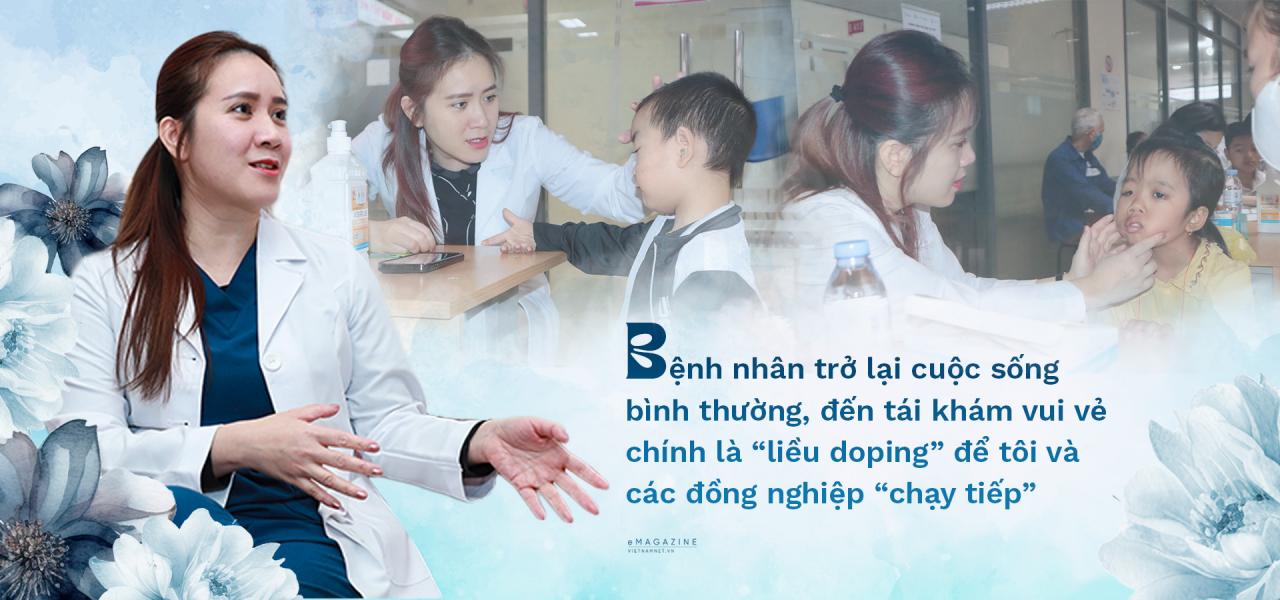 Therefore, one thing I remind patients, especially those with severe cases, is that if they give up treatment, it means giving up their lives. If they are determined to cooperate with doctors to perform surgery, there will be doctors fighting for their lives alongside the patients. They do not have to fight alone. The endurance for a doctor's running track is not something far away, but rather the regular, periodic check-ups for the patients they have operated on. Patients returning to normal life and coming for check-ups happily is the "doping dose" for me and my colleagues to "keep running".
Therefore, one thing I remind patients, especially those with severe cases, is that if they give up treatment, it means giving up their lives. If they are determined to cooperate with doctors to perform surgery, there will be doctors fighting for their lives alongside the patients. They do not have to fight alone. The endurance for a doctor's running track is not something far away, but rather the regular, periodic check-ups for the patients they have operated on. Patients returning to normal life and coming for check-ups happily is the "doping dose" for me and my colleagues to "keep running".  Apart from the time when a foreign lecturer suspected you of being a “new graduate student, good at daydreaming”, have you ever faced that situation again? - When I intended to pursue a career in microplastics and maxillofacial surgery, many people were skeptical. My father even said: “What is a girl doing in this profession?”, while others thought that “if you follow it, you will give up”. The question mark of doubt has followed me for many years. Until now, there are still famous male colleagues who do not believe that I have stuck with this profession so tirelessly. But for me, the more I am “doubted”, the more I have to prove the opposite, and try to achieve the best results.
Apart from the time when a foreign lecturer suspected you of being a “new graduate student, good at daydreaming”, have you ever faced that situation again? - When I intended to pursue a career in microplastics and maxillofacial surgery, many people were skeptical. My father even said: “What is a girl doing in this profession?”, while others thought that “if you follow it, you will give up”. The question mark of doubt has followed me for many years. Until now, there are still famous male colleagues who do not believe that I have stuck with this profession so tirelessly. But for me, the more I am “doubted”, the more I have to prove the opposite, and try to achieve the best results.  Once, when participating in the world conference on maxillofacial microsurgery as an independent reporter, many international male colleagues were still skeptical. Seeing that I was so young, they asked "where is your teacher?". When the report ended, many foreign colleagues were very surprised because they did not think that a Vietnamese doctor, especially a female doctor, could perform that technique. At that time, I felt more clearly the pride that I was a doctor from Vietnam and that our country had mastered advanced techniques on par with the world. After more than 10 years of "holding a knife in the operating room", recently you have also participated in teaching. What motivated you to take on this new position? For the current generation of students, when graduating from school, they often lack a clear career orientation. Almost all young people choose to take it easy, easy steps, avoiding thorns. Therefore, the field of maxillofacial plastic surgery, including maxillofacial microsurgery, is even more scarce because it is “heavy and tiring”, and there have been no new doctors for many years. Therefore, I want to take on an additional task as a lecturer (at the Department of Oral and Maxillofacial Surgery, University of Medicine and Pharmacy, Vietnam National University, Hanoi - PV) just to inspire young people, so that they understand the meaning of the work we have chosen to do over the past time, who knows, the next generation will think differently.
Once, when participating in the world conference on maxillofacial microsurgery as an independent reporter, many international male colleagues were still skeptical. Seeing that I was so young, they asked "where is your teacher?". When the report ended, many foreign colleagues were very surprised because they did not think that a Vietnamese doctor, especially a female doctor, could perform that technique. At that time, I felt more clearly the pride that I was a doctor from Vietnam and that our country had mastered advanced techniques on par with the world. After more than 10 years of "holding a knife in the operating room", recently you have also participated in teaching. What motivated you to take on this new position? For the current generation of students, when graduating from school, they often lack a clear career orientation. Almost all young people choose to take it easy, easy steps, avoiding thorns. Therefore, the field of maxillofacial plastic surgery, including maxillofacial microsurgery, is even more scarce because it is “heavy and tiring”, and there have been no new doctors for many years. Therefore, I want to take on an additional task as a lecturer (at the Department of Oral and Maxillofacial Surgery, University of Medicine and Pharmacy, Vietnam National University, Hanoi - PV) just to inspire young people, so that they understand the meaning of the work we have chosen to do over the past time, who knows, the next generation will think differently.Vo Thu - Vietnamnet.vn
Source







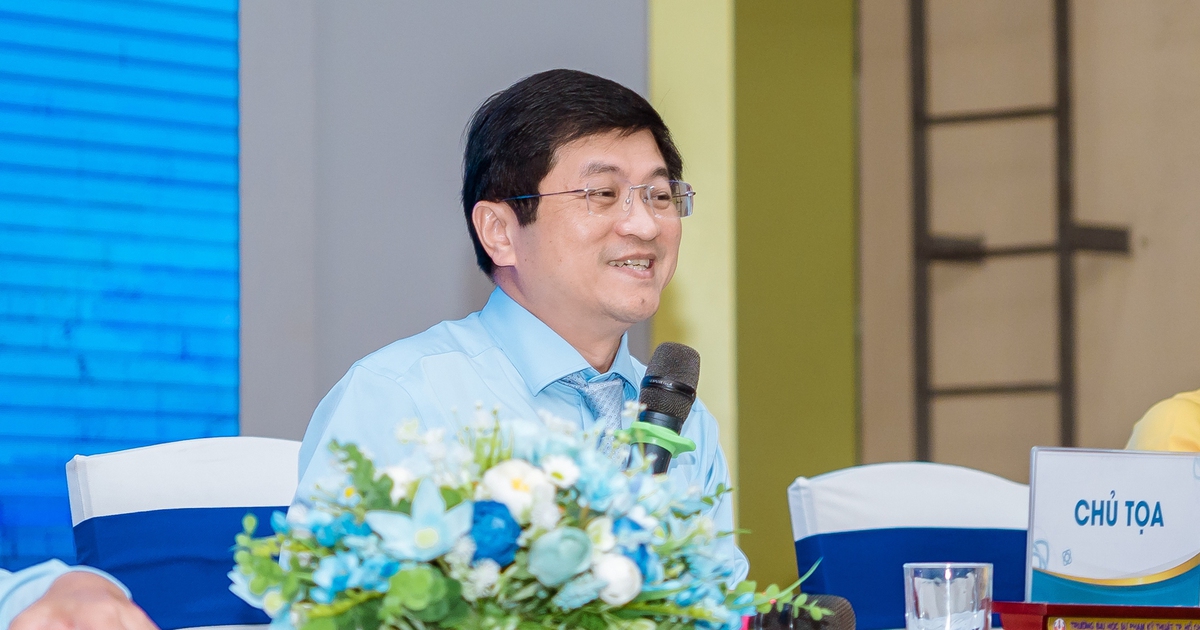




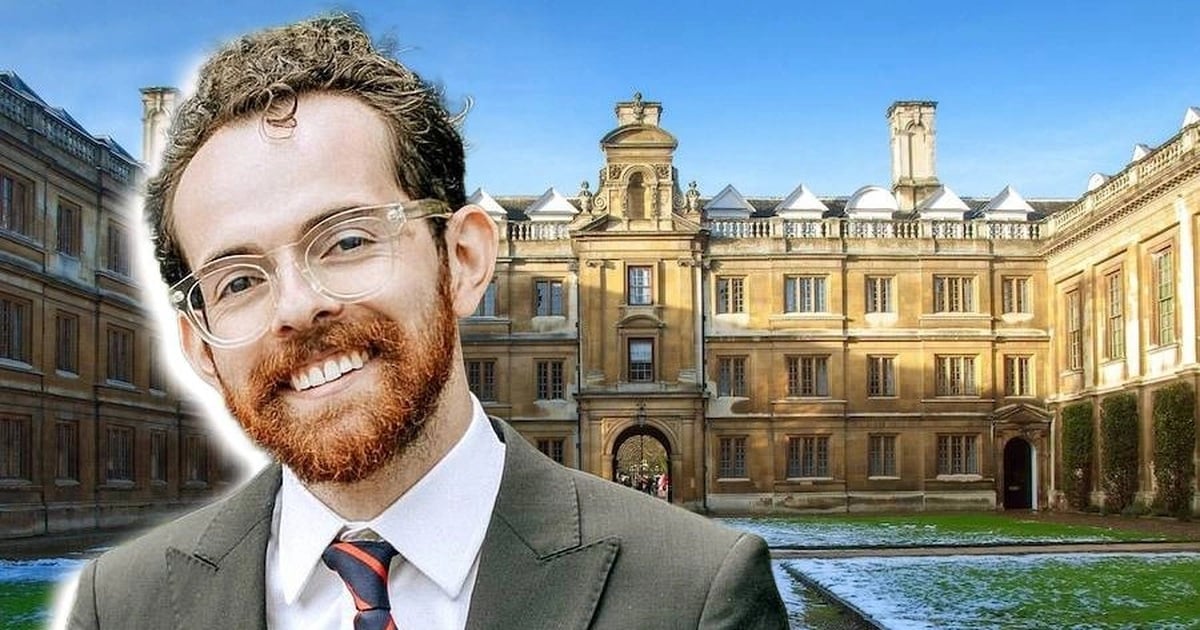
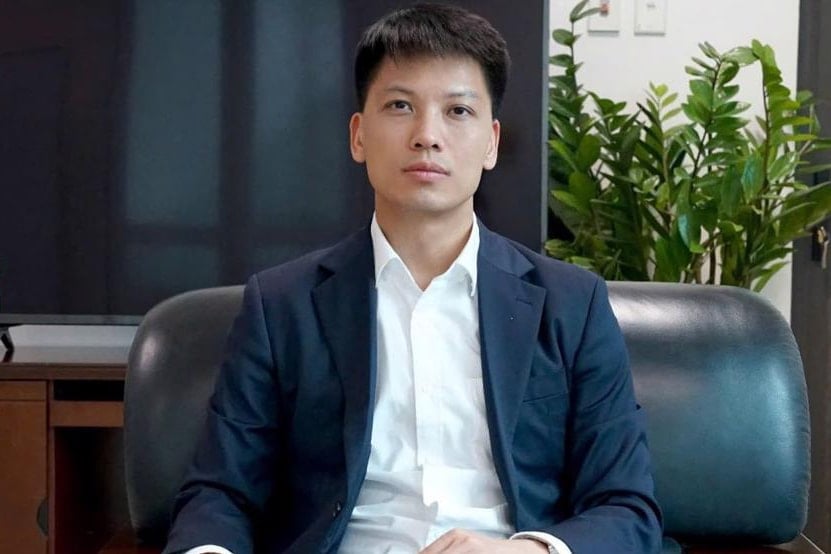
















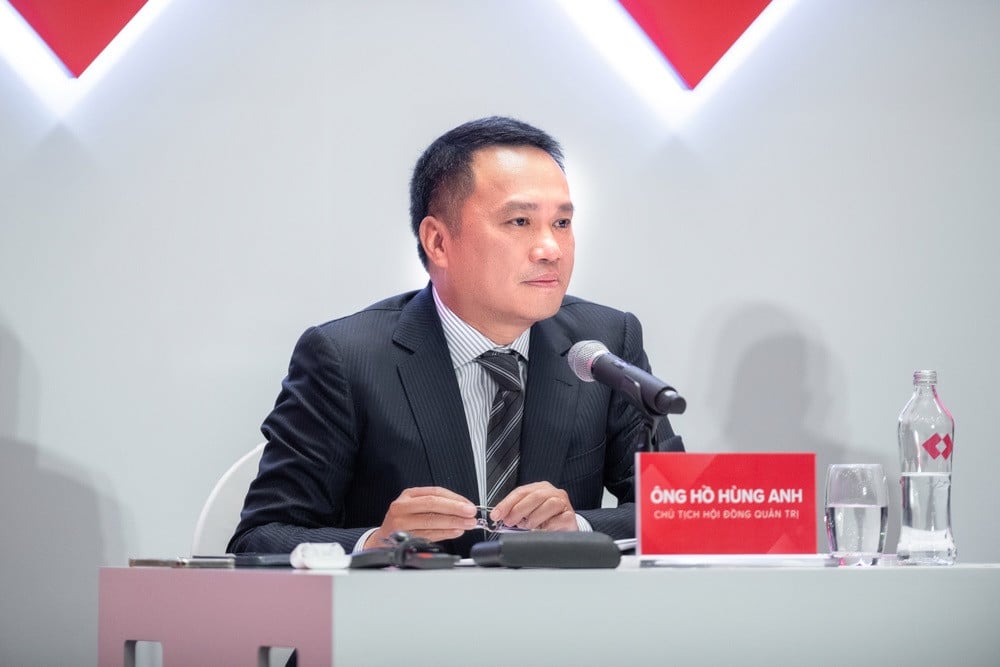

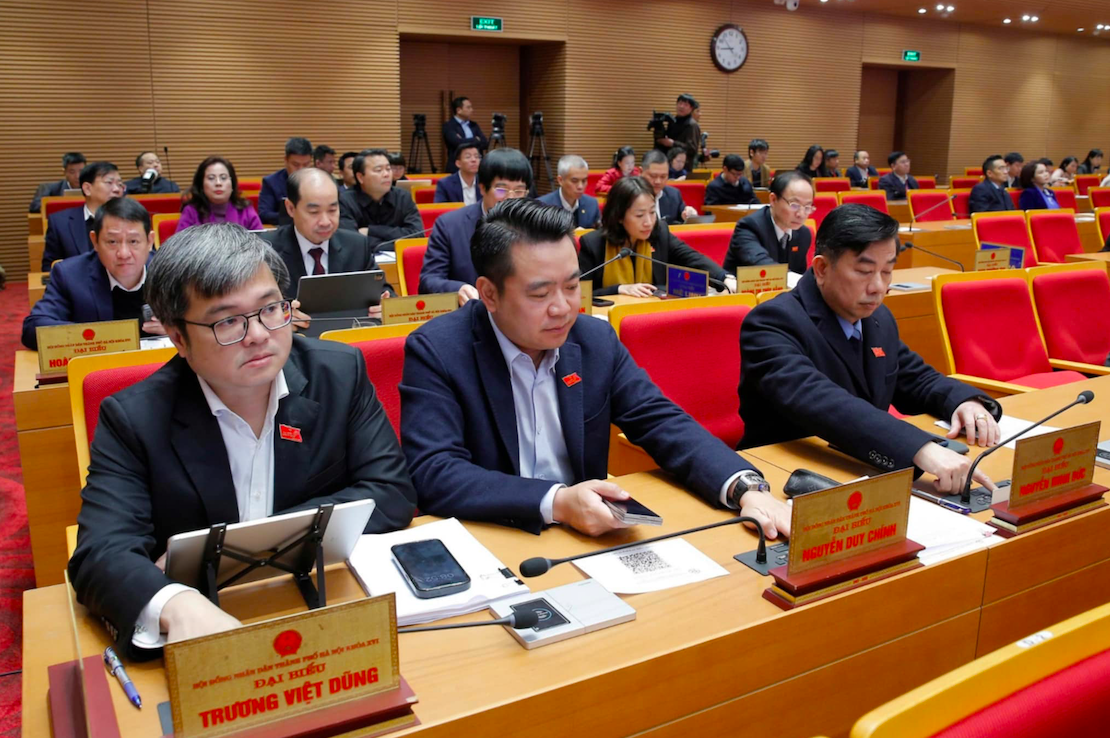
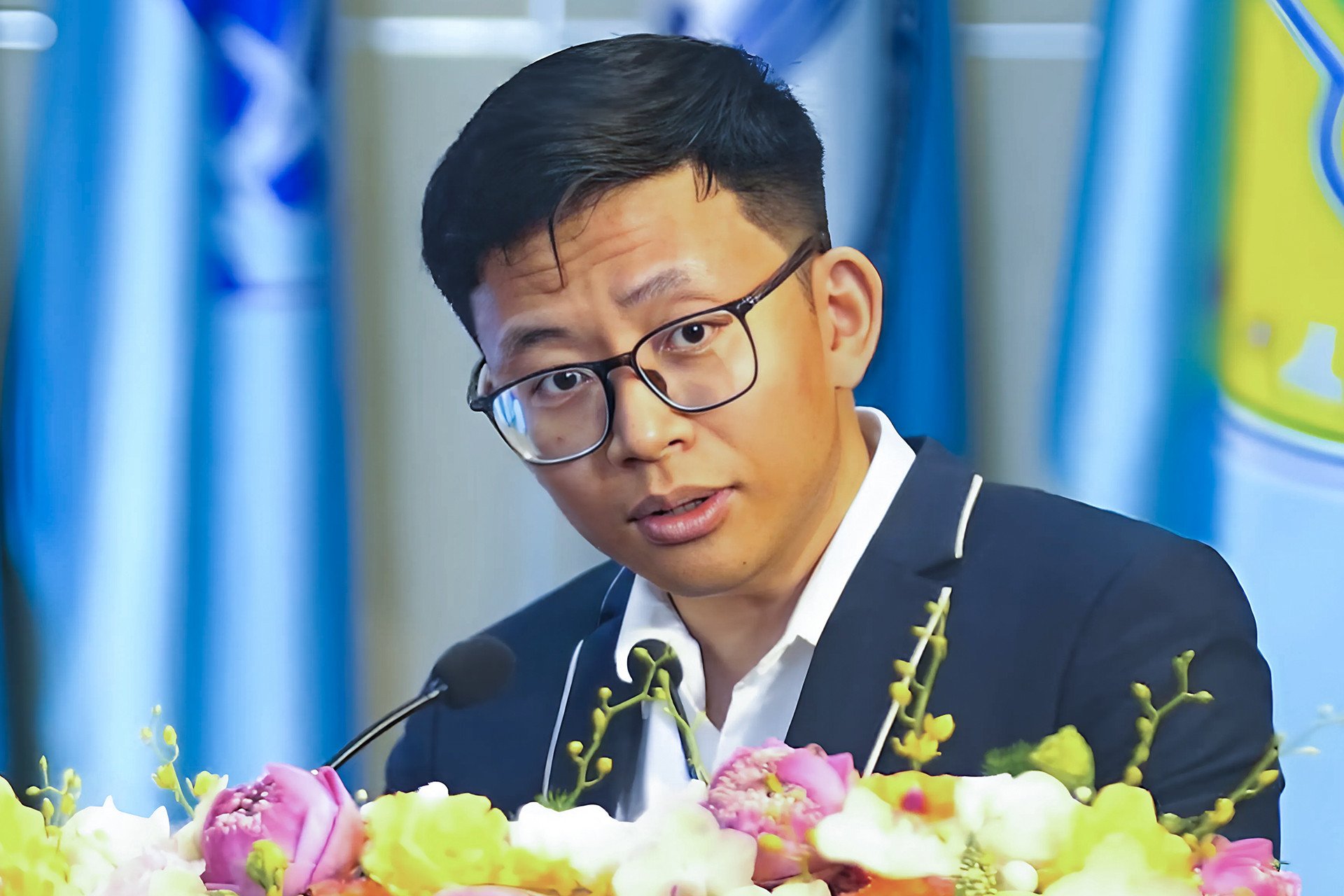

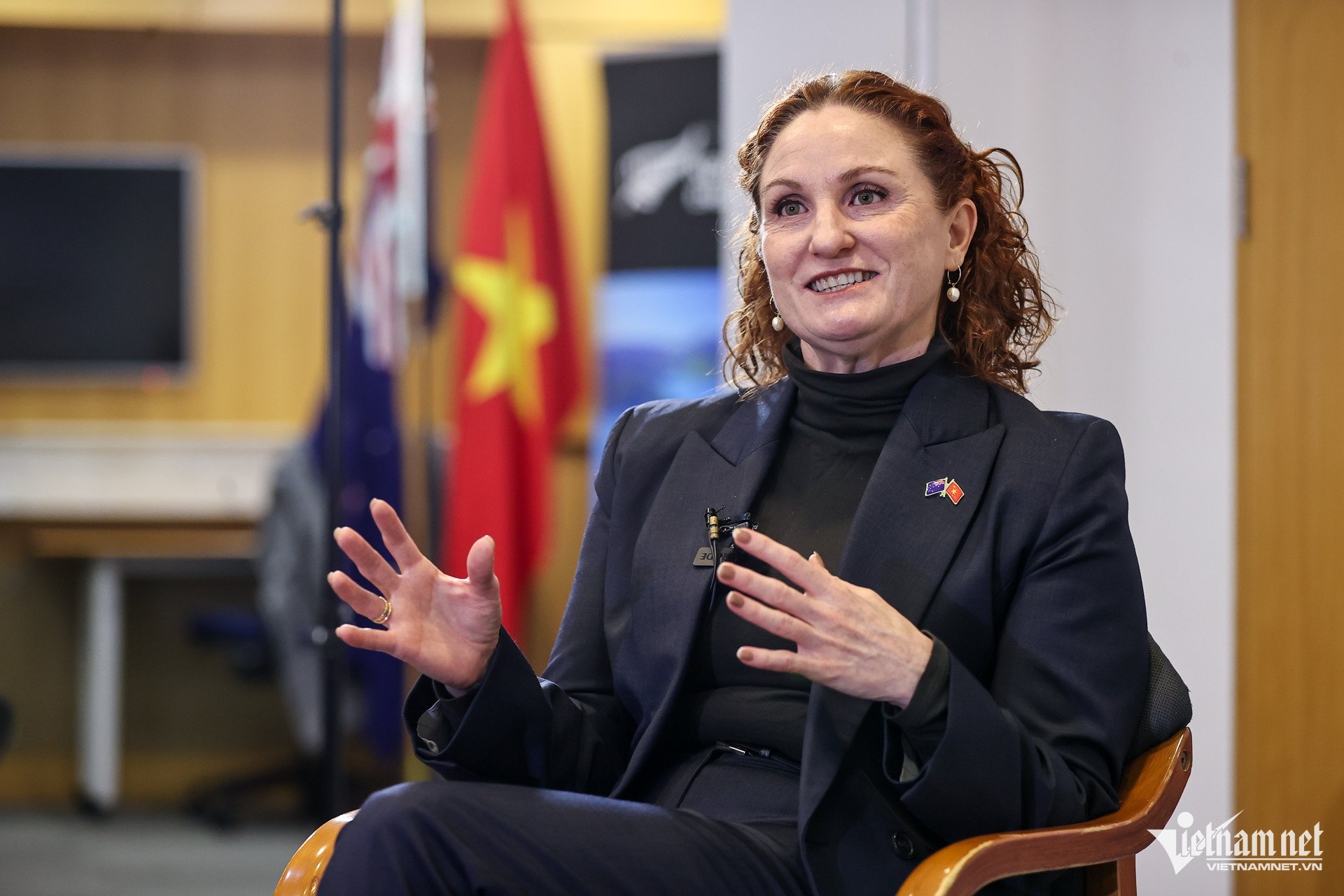






![[Photo] Prime Minister Pham Minh Chinh chairs Government Conference with localities on economic growth](https://vstatic.vietnam.vn/vietnam/resource/IMAGE/2025/2/21/f34583484f2643a2a2b72168a0d64baa)

















































Comment (0)